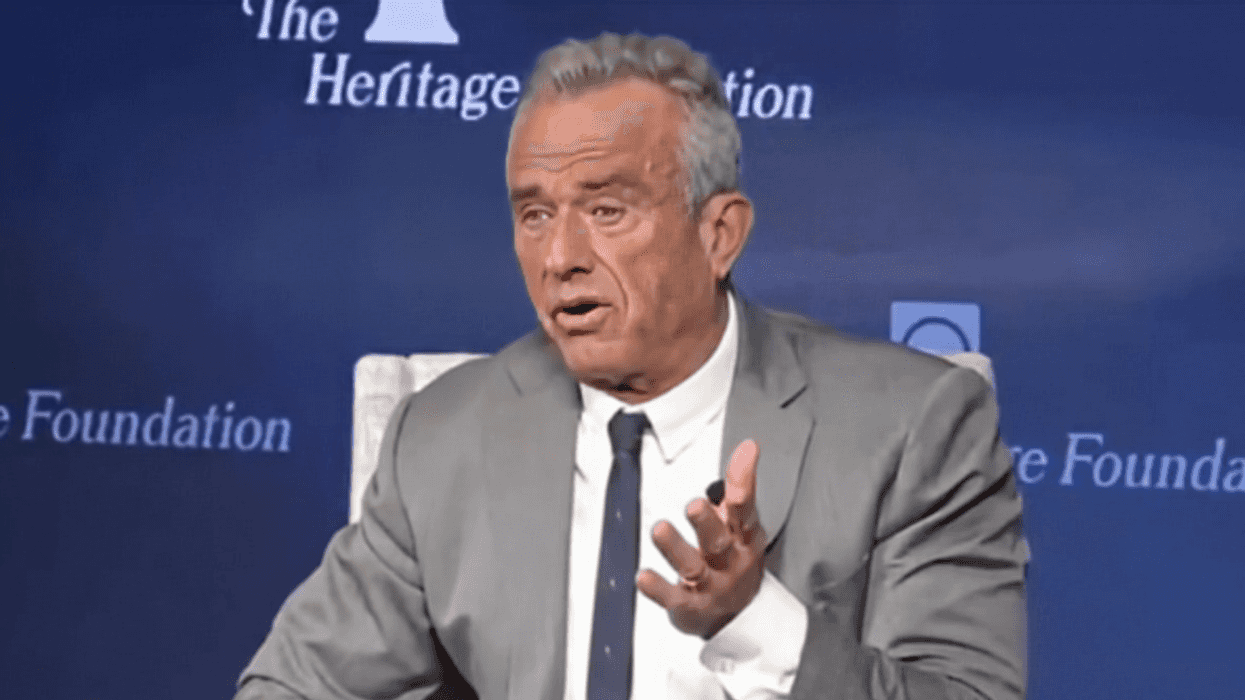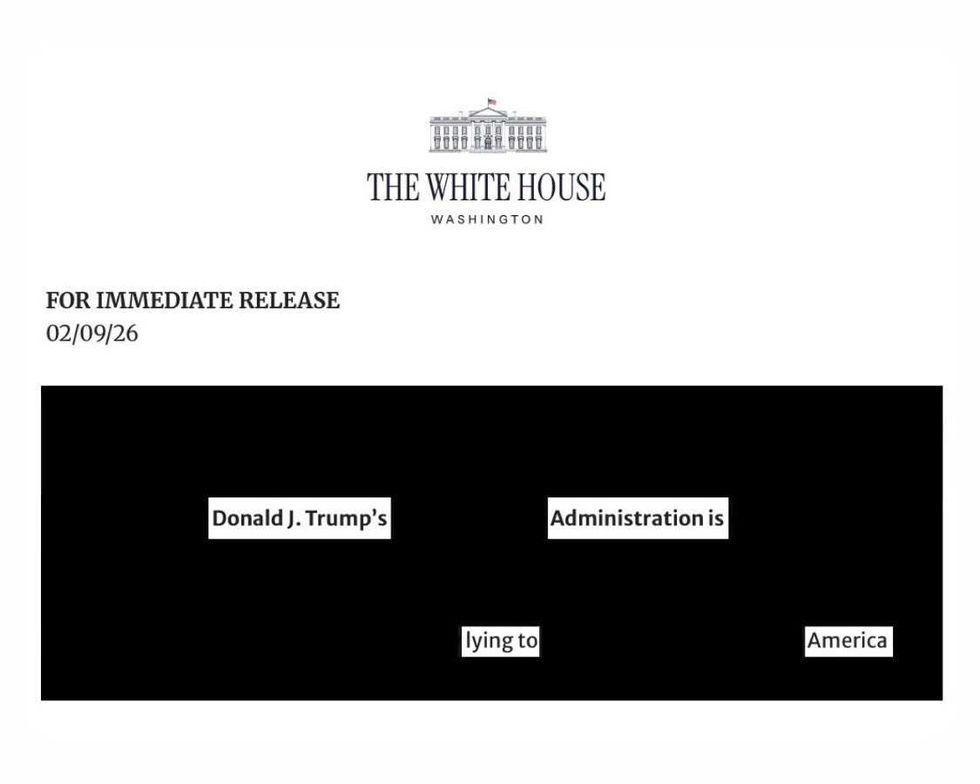President Donald Trump disturbed Americans across the country when he threatened to bomb Iranian cultural sites if the country retaliated against Trump's recent airstrike, which resulted in the death of Qasem Soleimani, Iran's top general.
Trump made the threat in a tweet at first, before doubling down on the stance to reporters.
Under U.N. Resolution 2347, the destruction of cultural sites is a war crime:
"'[T]he unlawful destruction of cultural heritage, including the destruction of religious sites and artefacts, and the looting and smuggling of cultural property from archaeological sites, museums, libraries, archives, and other sites, notably by terrorist groups."
While Donald Trump may be unwilling to acknowledge this, his Secretary of Defense—Mark Esper—isn't.
Esper quietly contradicted the President's rhetoric when asked by CNN if the U.S. would follow through with Trump's threats:
"We will follow the laws of armed conflict."
When asked if this included the international law against bombing cultural sites, he didn't need to say much more:
"That's the laws of armed conflict."
Trump's threats to order war crimes are shaping up to be another moment in which the goals of some diplomats and national security officials to protect the country diverge from Trump's desire to win reelection. Six Pentagon officials have resigned in the weeks of escalating tensions with Iran.
One senior U.S. official told CNN:
"Nothing rallies people like the deliberate destruction of beloved cultural sites. Whether ISIS's destruction of religious monuments or the burning of the Leuven Library in WWI, history shows targeting locations giving civilization meaning is not only immoral but self-defeating,"
Meanwhile, Secretary of State Mike Pompeo denied that Trump threatened to destroy Iran's sites of cultural significance.
Trump's threats have done anything but deescalate the growing tensions with Iran.
Some think Esper's dissent will end the way so many tenures in the Trump administration have.
The destruction of Iran's numerous ancient cultural sites would almost certainly result in civilian deaths and an escalation of conflict.








 @chappellroan/Instagram
@chappellroan/Instagram r/Fauxmoi/Reddit
r/Fauxmoi/Reddit r/Fauxmoi/Reddit
r/Fauxmoi/Reddit r/Fauxmoi/Reddit
r/Fauxmoi/Reddit r/Fauxmoi/Reddit
r/Fauxmoi/Reddit r/Fauxmoi/Reddit
r/Fauxmoi/Reddit r/Fauxmoi/Reddit
r/Fauxmoi/Reddit r/Fauxmoi/Reddit
r/Fauxmoi/Reddit r/Fauxmoi/Reddit
r/Fauxmoi/Reddit r/Fauxmoi/Reddit
r/Fauxmoi/Reddit r/Fauxmoi/Reddit
r/Fauxmoi/Reddit r/Fauxmoi/Reddit
r/Fauxmoi/Reddit r/Fauxmoi/Reddit
r/Fauxmoi/Reddit r/Fauxmoi/Reddit
r/Fauxmoi/Reddit r/Fauxmoi/Reddit
r/Fauxmoi/Reddit @ANASKHA96399553/X
@ANASKHA96399553/X r/Fauxmoi/Reddit
r/Fauxmoi/Reddit r/Fauxmoi/Reddit
r/Fauxmoi/Reddit r/Fauxmoi/Reddit
r/Fauxmoi/Reddit





 @odinikaeze/X
@odinikaeze/X @OneSixtyToOne/X
@OneSixtyToOne/X @Dazz222/X
@Dazz222/X

 The White House
The White House @JBPritzker/X
@JBPritzker/X